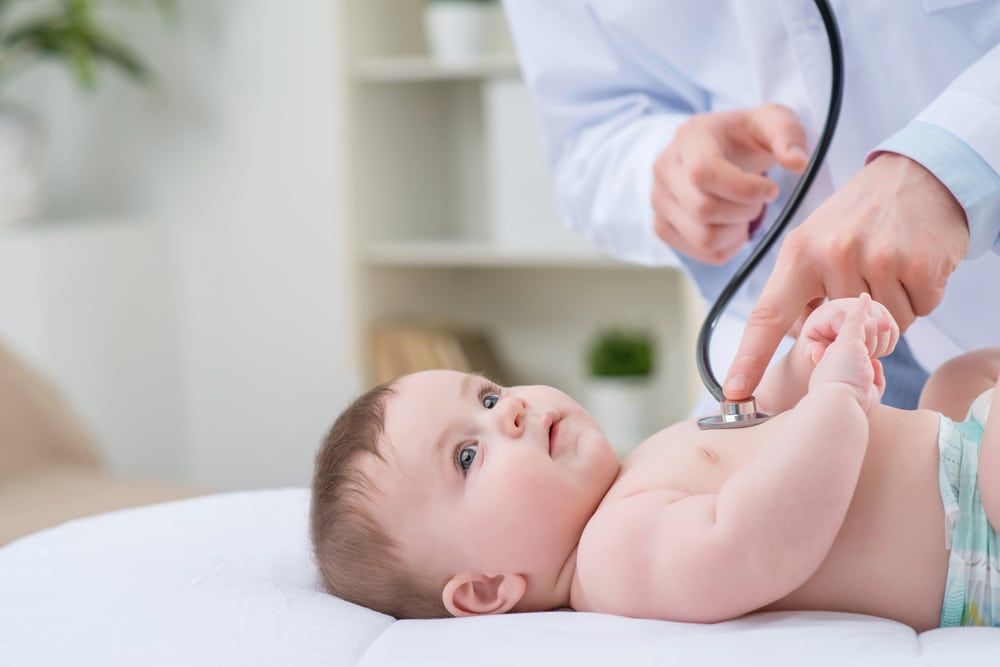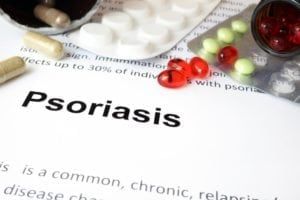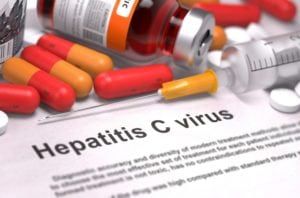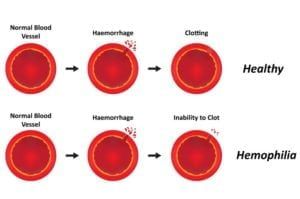Central Hypoventilation Syndrome is a rare condition in which a child’s autonomous nervous system fails to regulate involuntary breathing. A child with central hypoventilation syndrome may stop breathing or under-breathe, resulting in slow and shallow breaths. Central hypoventilation is most evident at night when sleeping, though some children experience episodic breathing during the day too. With treatment, a child can go on to attend school and live a long and active life.
Did you know…
that central hypoventilation syndrome is a condition that must be diagnosed by exclusion? In other words, doctors must first rule out any other potential causes of episodic or sustained hypoventilation in a child, such as a pulmonary, neurological or cardiac disorder. Most children with central hypoventilation require assisted breathing only at night, though approximately 25 – 35 percent will require assisted breathing 24-hours a day.
Frequently Asked Questions
What are the symptoms of central hypoventilation?
A child with central hypoventilation may display spontaneous breathing – especially when sleeping. Often, young children will have difficulty eating and may even show signs of hypoxemia due to low oxygen levels.
How will a pulmonologist diagnose central hypoventilation in my child?
Based on a physical examination and evaluation of your child’s symptoms, a doctor may request a sleep study to determine the extent of breathing difficulty your child experiences at night. Additional tests may be necessary to ensure there are no other underlying disorders causing hypoventilation.
What types of treatments are available for children with central hypoventilation?
Treatment for central hypoventilation usually includes mechanical breathing support through the use of a respirator or ventilator. Some children may benefit from a surgically implanted device that electrically stimulates the diaphragm to control breathing.











































































































































































































































































































